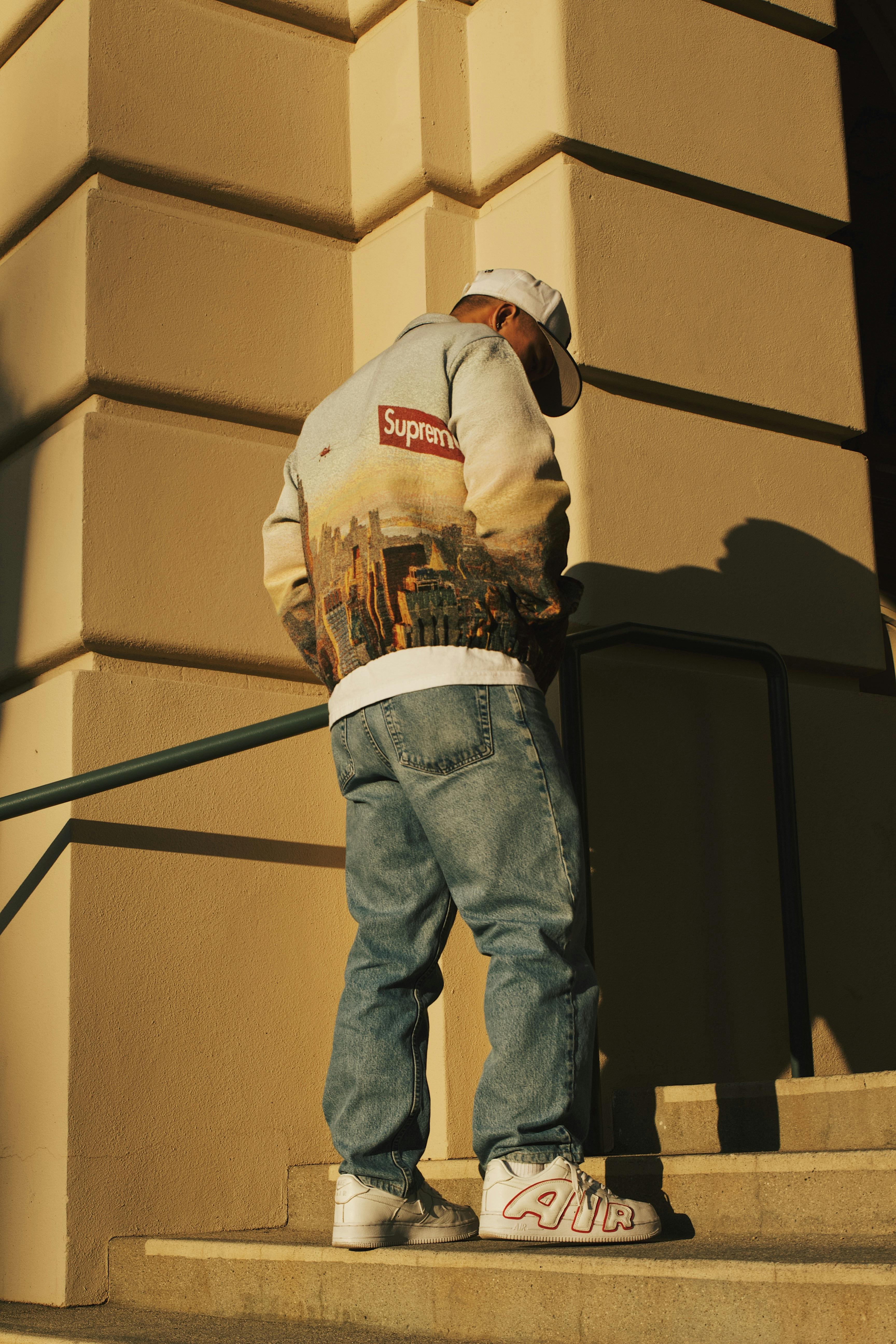The luxury goods market is evolving rapidly, with the pre-owned sector experiencing explosive growth. The watch resale market, in particular, offers a compelling case study for how luxury brands can adapt and thrive in this new landscape. This blog post explores key strategies luxury brands can adopt, drawing insights from Vogue Business and other industry experts.
Embracing the Pre-Owned Market: A New Revenue Stream
Luxury brands are increasingly recognizing the potential of the pre-owned market. Rather than viewing it as a threat, they are embracing it as a significant revenue stream. By offering certified pre-owned products or partnering with reputable resale platforms, brands can tap into a growing customer base seeking both value and sustainability. This approach not only generates additional revenue but also allows brands to control the narrative around their pre-owned products, ensuring quality and authenticity.
Building Brand Loyalty Through Resale Programs
Smart resale strategies go beyond simply selling pre-owned goods. They enhance brand loyalty. By offering trade-in programs, refurbishment services, or even buyback guarantees, brands cultivate deeper relationships with customers. These initiatives create a more circular economy model, aligning with growing consumer demand for sustainability and reducing the environmental impact of luxury consumption. Successful examples demonstrate increased customer lifetime value and a strengthened brand reputation.
Data-Driven Insights: Understanding the Resale Market
The success of any resale strategy hinges on data. Luxury brands need to analyze market trends to understand pricing strategies, popular models, and consumer preferences in the pre-owned space. By leveraging data analytics and partnering with experts in the resale market, brands can gain crucial insights to inform product design, inventory management, and marketing efforts. This ensures that strategies are informed, efficient, and aligned with market demands, maximizing their return on investment in the secondary market. This data-driven approach is crucial for long-term success in the dynamic world of luxury resale.






